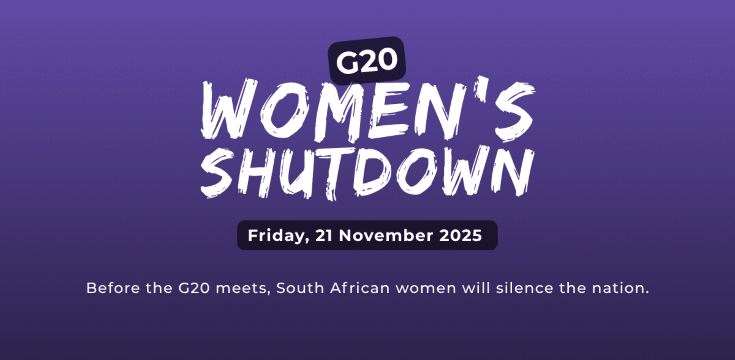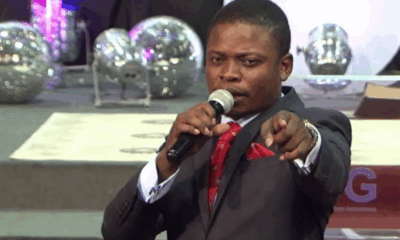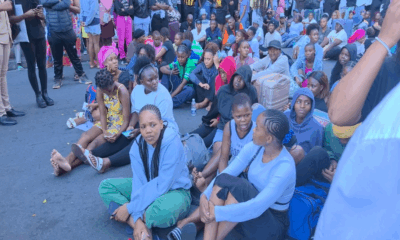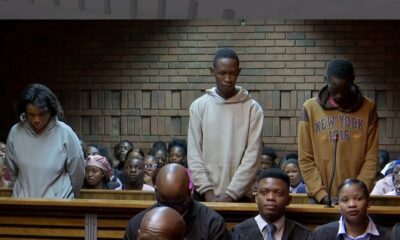News
Nelson Mandela Bay Stands United: Students and Community Join G20 Women’s Shutdown Against GBV

Nelson Mandela Bay Stands United: Students and Community Join G20 Women’s Shutdown Against GBV
This Friday, the streets of Nelson Mandela Bay will fall silentnot in mourning, but in protest. Students, civil society groups, municipal officials, and ordinary residents are coming together to demand urgent action against South Africa’s unrelenting gender-based violence crisis.
Dubbed the G20 Women’s Shutdown, the national movement organised by Women for Change calls for women and members of the LGBTQI+ community to halt both paid and unpaid work, abstain from spending, and amplify their economic and social value. The goal is clear: to make visible the often-invisible impact of those targeted by violence and systemic neglect.
A Bold Stand Against a National Epidemic
Nelson Mandela Bay, like much of South Africa, has been scarred by daily acts of violence. For students at Nelson Mandela University (NMU), the reality hits painfully close to home. Several students have been attacked or murdered in 2025, some even within their residences.
One NMU student activist explained the urgency of the shutdown:
“We are not marching for attention; we are marching for justice. We are demanding that President Cyril Ramaphosa and the national government act decisively and urgently. GBV is not only a women’s issueit is a human rights crisis affecting all of us.”
The protest is not symbolic alone. Organisers aim to halt economic activity across the Bay, sending a stark message that society cannot operate as normal while women, men, and children continue to live under constant threat.
Unity Across the Bay
The G20 Women’s Shutdown isn’t confined to students. Civil society organisations, local community leaders, and metro officials are rallying in solidarity. The protests will converge across four key meeting points:
-
NMU Second Avenue Campus – 8am (students)
-
Hobie Beach, Summerstrand – noon
-
Eastern Beach, East London – noon
-
Vuyisile Mini Square, in front of Nelson Mandela Bay City Hall – noon
By coordinating across multiple public spaces, organisers aim to visibly demonstrate the collective impact of women and LGBTQI+ communities, reminding authorities and society alike that violence is not a private problemit is a systemic crisis.
A National Conversation with Local Roots
Social media is already abuzz, with students and residents sharing personal stories, solidarity messages, and calls for accountability. Some hashtags trending include #G20Shutdown, #GBVSA, and #JusticeForAll, reflecting widespread frustration that promises from policymakers have often fallen short.
Activists stress that government intervention must go beyond statements. Policy enforcement, effective prosecution, community-based prevention strategies, and adequate survivor support are all urgently needed.
As one activist put it:
“We cannot allow this silence to continue. Every life lost is a failure of the system, and it is up to all of us to demand change.”
A Movement for Change
The G20 Women’s Shutdown represents more than a single day of protest. It is a challenge to the social and economic structures that allow GBV to persist, a call for visibility, and a demand for action.
For Nelson Mandela Bay, Friday will be a day of reflection, solidarity, and defiance. Streets will be filled not with noise, but with presence, an unmistakable reminder that a community unwilling to tolerate violence will not remain silent.
And while the march may end, the message is clear: the fight against GBV is far from over, and justice cannot wait.
{Source: The Herald}
Follow Joburg ETC on Facebook, Twitter , TikTok and Instagram
For more News in Johannesburg, visit joburgetc.com


























